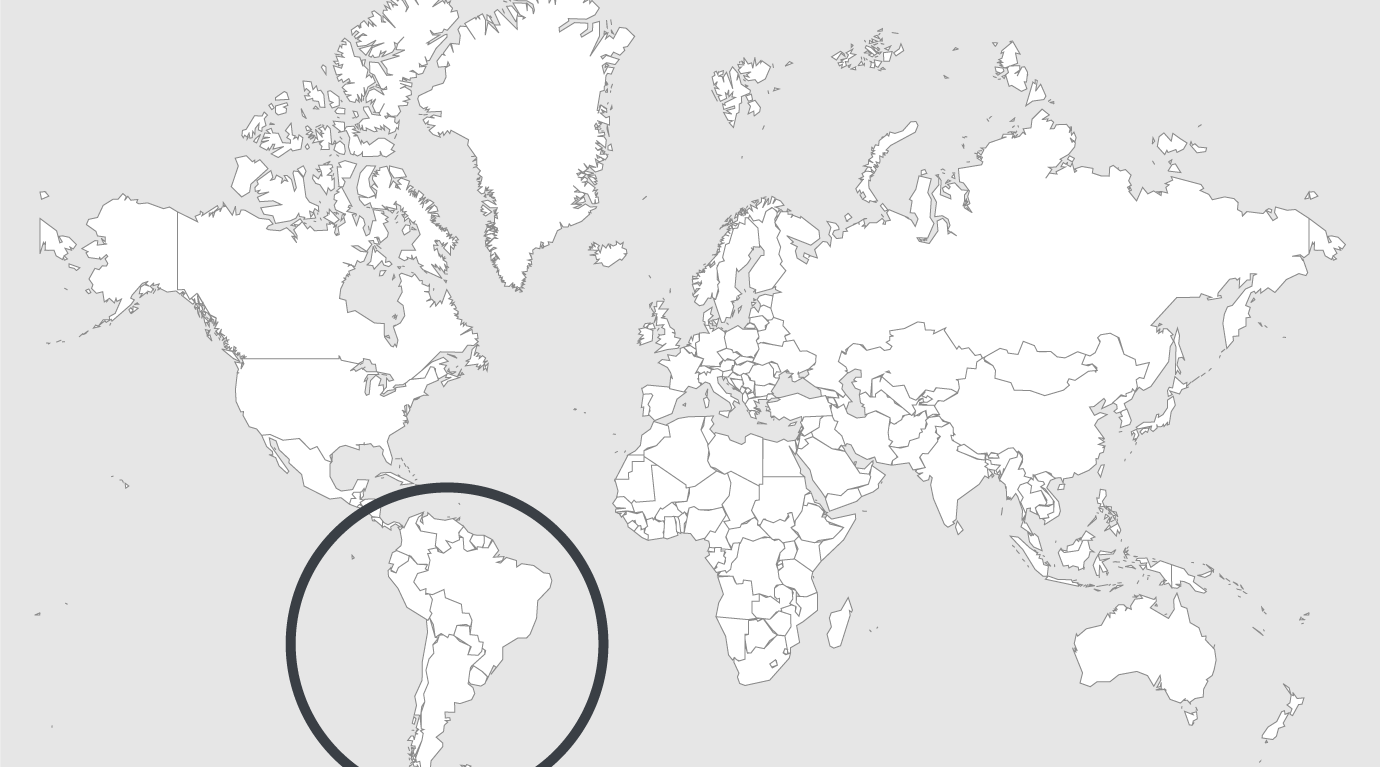
Explore
Peru: out of prison, but stuck in Peru
Foreigners released from prison in Peru aren’t always free to leave the country; it takes them more than six months to get their exit-papers and leaves them prone to more problems. Jurriaan van Eerten reports from Lima.
When he came out of Ancón prison in March, Italian-born Davide Cannavo, 33, was lucky enough to have Peruvian friends of his family who picked him up and provided a place to stay. Many foreigners stand lost in front of the prison gates, in a deserted area on the outskirts of the capital. However, Cannavo’s acquaintances couldn’t bring him to the airport; after spending almost seven years in prison for attempting to smuggle cocaine out of the country, he wasn’t free to leave the country yet.
Foreign ex-convicts have to go through a bureaucratic process in Peru which takes, on average, around 8 months to complete. They need to get their reparation and rehabilitation documents, which take time to complete and, furthermore, need to be paid for. These documents then have to be approved by the police and migration ministry for foreign ex-convicts to leave the country. It’s a difficult process for foreigners.
They often don’t speak Spanish nor understand the bureaucratic system. Even after obtaining all the relevant documents, foreign nationals still need money to pay for their plane ticket. Many ex-convicts don’t want to ask their family or friends who have already provided financial help while they were in prison, or who turned their backs on them for committing a crime in the first place.
Cannavo, who is Italian-born but has lived in Germany since he was six, has the opportunity to stay with a Peruvian family in San Juan de Lurigancho - a poor and crime-ridden part of the capital. Having a roof over his head is a luxury. Many foreign ex-convicts end up sleeping in parks and begging on the streets of the capital. According to Cannavo, a prisoner spent two weeks sleeping in front of the prison gate because he had nowhere to go. The guards gave him food to survive.
Back in April Cannavo managed to find a temporary job waiting tables in a restaurant for a few weeks, at a time when when restaurants need an extra hand during the busy Easter weeks. For payment, he received free meals and 20 soles a week (6 euros). Now he is looking for work again. Without a work visa, it is extremely hard for ex-convicts to find means to earn a living legally.
Scouting for drug mules in Europe
In prison, cocaine and its derivatives are cheap, sold for 3 euros ($3.3) a gram instead of the 50 euros it costs on average in Europe. Peru is second only to Colombia in terms of cocaine production, mostly harvested in a remote part of the country, between the high Andes and the lowland jungle. As a result of the availability of the drugs, many foreigners leave prison heavily addicted. They often get into trouble once released.
Read full article.
